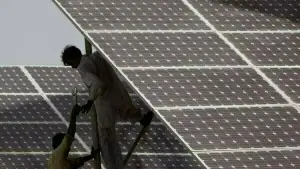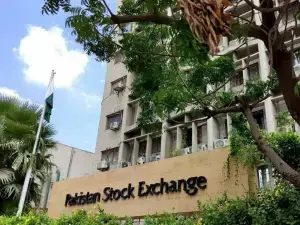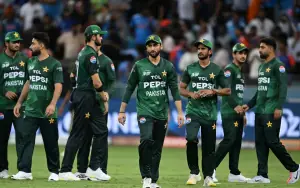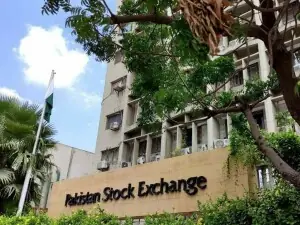Nepalese journalist Gyanendra Mishra believes he was lucky to survive an attack by gunmen earlier this year. The 25-year-old radio producer suffered bullet wounds to his left shoulder when three armed men attacked him in broad daylight, putting him in hospital and leaving him afraid to pursue his chosen career.
Mishra's attackers were never caught but he is convinced his terrifying ordeal - one of a series of recent attacks on media workers in Nepal - was related to his job, and says he is now facing family pressure to give it up. "Whenever I go out alone now, I feel scared. There is the constant fear that someone might attack me again," he told AFP.
"My parents are very worried and they are asking me to change my profession." Media workers are increasingly finding themselves caught up in the bitter struggle for power in Nepal after the fall of the Maoist-led government in May.
Many say the biggest threat comes from the Maoists, who fought a decade-long civil war with the army before signing a peace agreement in 2006. Since then, the former guerrillas have publicly embraced multiparty democracy and confined their fighters to camps under the supervision of the United Nations.
But members of their youth wing, the Young Communist League (YCL), have held a series of at times violent protests in recent weeks, and have appeared to target media organisations that criticise the Maoists. Earlier this month YCL members attacked and set fire to a van carrying copies of the Kathmandu Post and Kantipur dailies after they ran a story contradicting claims a YCL worker was murdered by a rival party.
"The Maoists and their sister organisations are the biggest threat to the media now," said Hari Bahadur Thapa, news editor of Kantipur. "They have established a disturbing habit of assaulting journalists who report critically about their activities.
"Our publication house has been attacked time and again for writing critical stories about the Maoists and their affiliated wings." International pressure group Reporters without Borders this month accused the Maoists of going against their pledge to "defend the freedom and safety of journalists."
"What is the Maoist party doing to rein in those of its activists who use violence to intimidate Nepalese journalists?" it wrote in a report this month, urging Nepal's political leaders to "disown and punish all use of violence".
Even before the latest political developments, Nepal's journalists worked under some of the most difficult conditions in the world.
Last year the New York-based Committee to Protect Journalists placed Nepal in eighth position in the Impunity Index, a ranking of countries where governments have consistently failed to solve journalists' murders. But Dharmendra Jha, president of the Federation of Nepali Journalists (FNJ), said media workers felt increasingly insecure.
BR100
16,307
Increased By
236.2 (1.47%)
BR30
51,537
Increased By
1163.4 (2.31%)
KSE100
157,953
Increased By
1775.7 (1.14%)
KSE30
48,199
Increased By
520.5 (1.09%)






















Comments
Comments are closed.